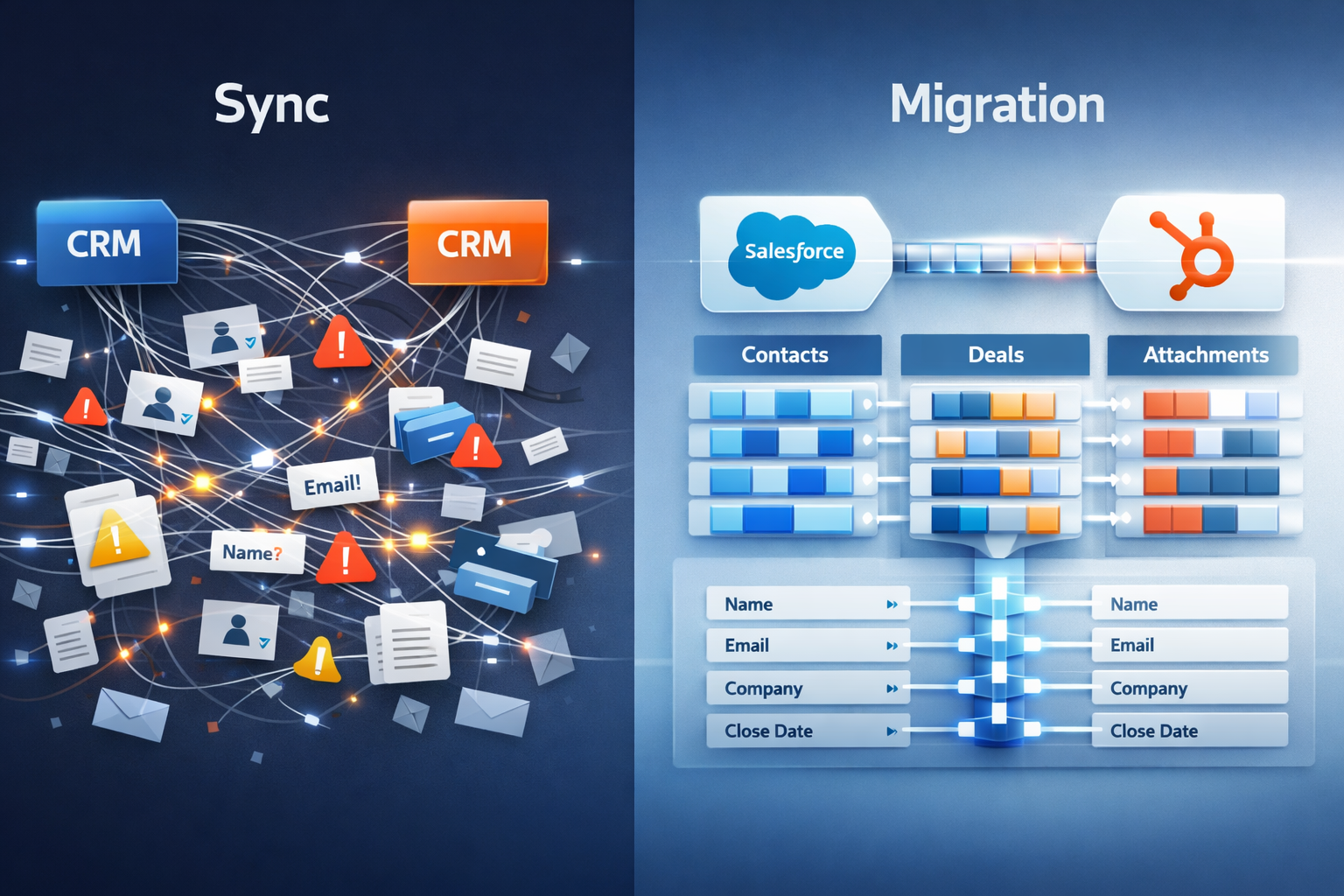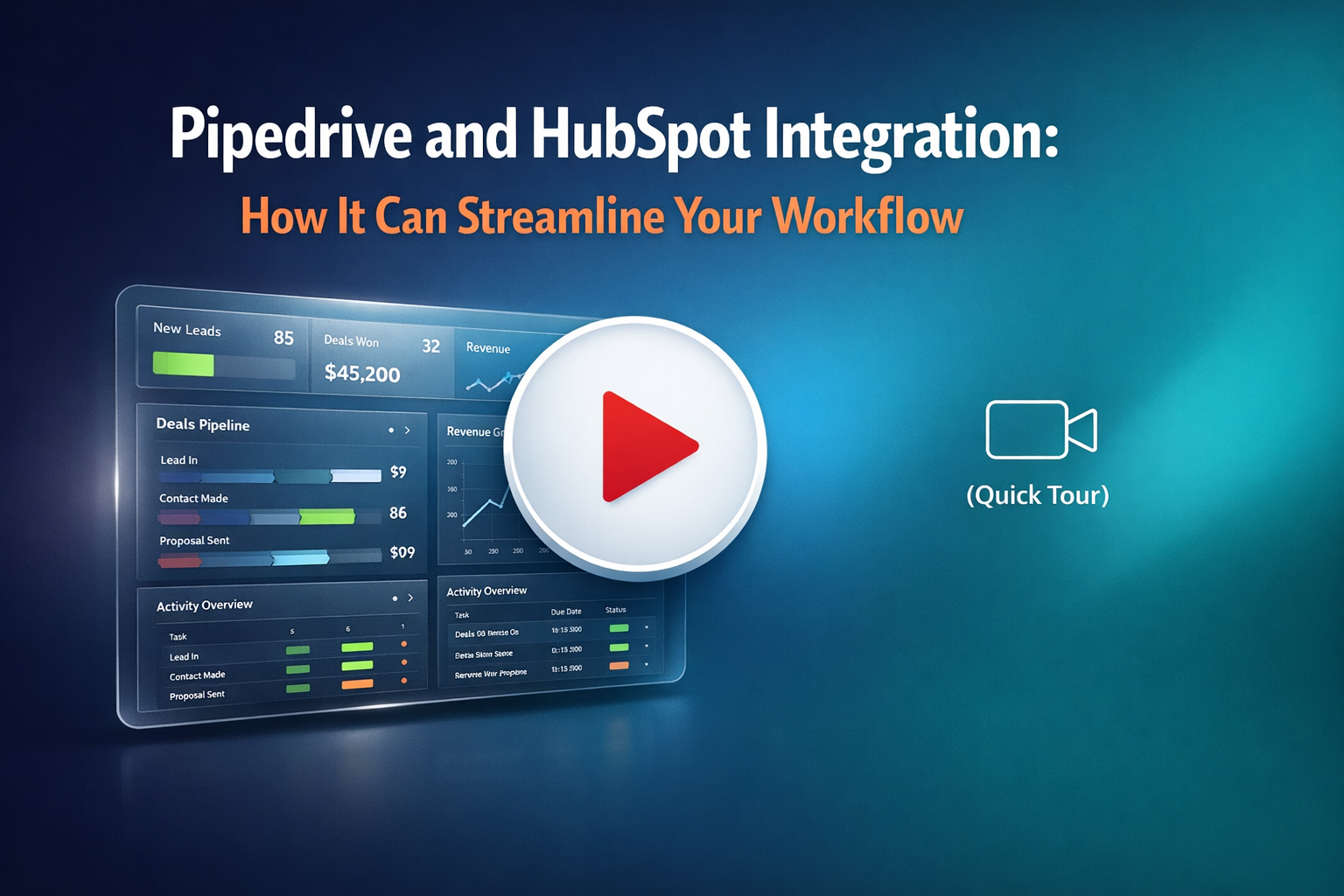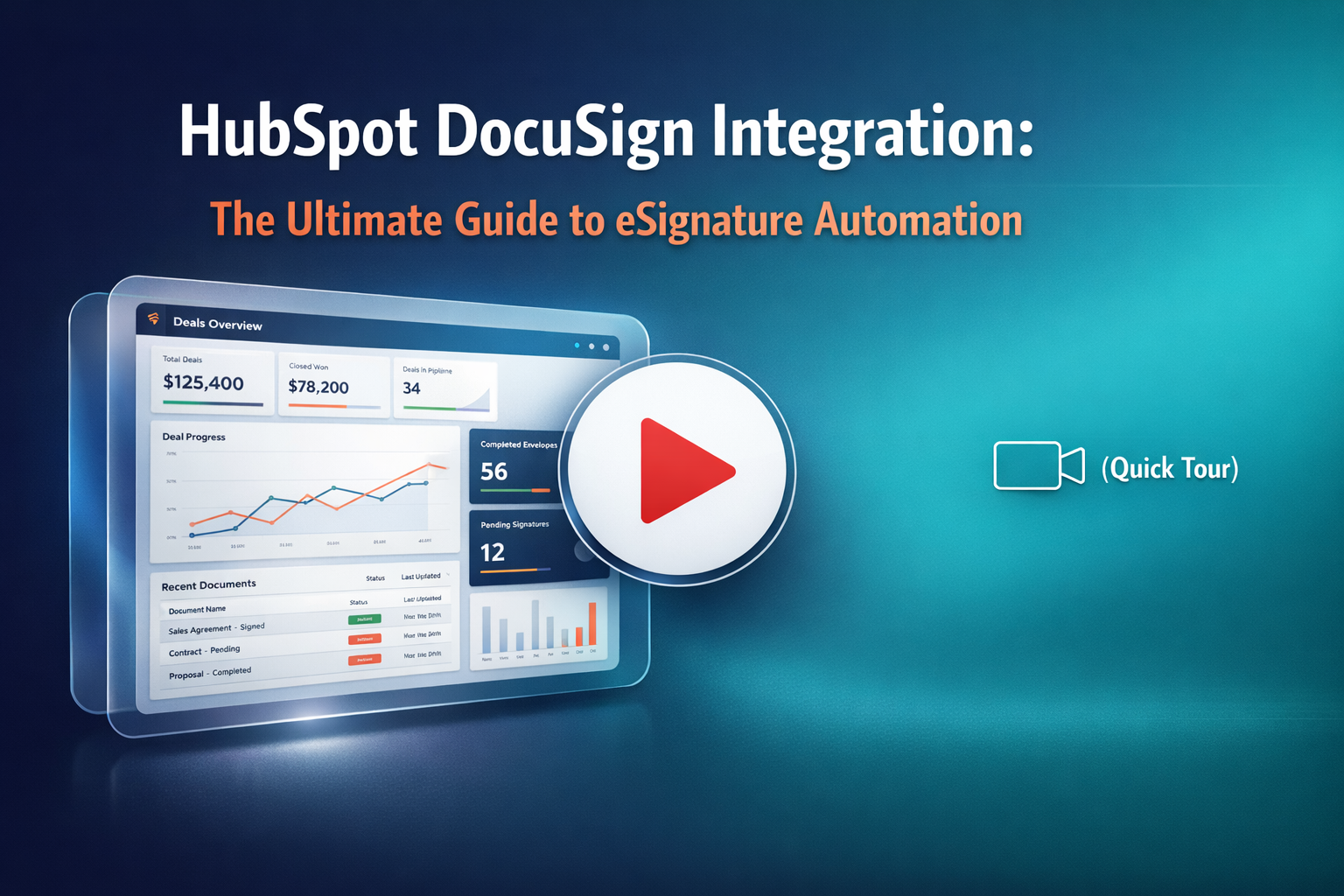This technology has evolved far beyond being simply a contact list with your customers’ details on file in recent years. Now, businesses use them to keep open channels between clientele and because companies want their interactions handled more efficiently than ever before, helping them run their trade wisely.
So what can you expect from CRM in 2023? We’re sharing our top list of CRM trends that will shake up the industry and help you navigate the changes coming your way.
Why Is CRM Important for Businesses?
Before we dive in and start looking at what this year has to offer, let’s first take a step back and look at why businesses need CRM. In a nutshell, CRMs are integral to many companies because they allow for smooth communication between companies and customers. There can be no surprises, and plans can be set in place.
CRMs encompass everything from client lists and contact information to product details and client history. We’re not just talking about broad-ranging customer service here – CRMs are the ultimate tool for managing any relationship, and they’re great for converting leads.
Companies benefit from using a CRM in several ways. These include:
- Improved customer service: by implementing a CRM system, you can help to increase the quality of your customer service by having more detailed data about your customers readily available at all times.
- Increased productivity: CRM software can help employees in a company to be more productive than they would otherwise be without it. This is because all of the crucial information for helping them meet their daily objectives will be readily available at their fingertips. When stored in a central location, they won’t waste time finding the correct information.
- Improved efficiency: with CRM software, your employees will be able to work with greater efficiency than they could without it. Having everything necessary stored in one centralized server or database can avoid the everyday struggles that most people have to deal with when trying to stay organized.
Top CRM Trends for 2023
1. Mobile CRM

With 83.96% of the world’s population now owning smartphones, mobile CRMs (or mCRMs) present significant business changes. They allow your workforce to be more productive from anywhere, at any time. The Covid-19 pandemic has made it clear that remote workers are vital to any force, so CRM tools and software will gradually transform into platforms for accessing work information anywhere.
This year, we’re likely to see more businesses using CRM apps and systems to work well across several platforms, screen sizes, and operating systems. Plus, if, for any reason, marketers can’t access Wi-Fi, they’ll be able to use their 4G, or 5G, thanks to the improvement of CRM offline capabilities.
2. Social CRM
As well as mobile CRM, social CRM will be essential in 2023. Many people are saying that social CRM will become the next big thing because it will change how marketers interact with customers on every platform. Social CRM is essentially the incorporation of social media channels into CRM platforms. By viewing social media and CRM together, companies can better understand what people post and have a clearer understanding of brand sentiment.
By using social CRM to respond to and engage with customers on social media, marketers can develop strong relationships with their customers. They can then use this information to understand better customer needs and what they want.
3. Industry-Specific CRM

In 2019, more than half of CRM buyers were in one of four markets – real estate, consulting, distribution, and insurance. In 2023, we’ll see a lot more industry-specific CRM systems emerge. This will open the door to many new industries utilizing CRM and allow them to expand even more than they already have. We’re already seeing this with specific CRM systems for healthcare, financial services, and manufacturing. But, this year, expect to see all businesses – from paperless law offices to HR services – starting to use CRM software.
4. Artificial Intelligence for CRM
This year, we’ll see more businesses embracing AI technologies in their marketing strategies. According to Salesforce, marketers’ use of AI has soared over the last few years jumping from 29% in 2018 to 84% in 2020. So we’ll be seeing a lot more of it in 2023. AI is transforming CRM systems, providing new kinds of previously undetected data. One way it’s already helping is with predictive analytics. AI analyzes customer data, then provides you with insights that can be used to help predict what your customers want or need before they ask for it – and far more accurately than a human could hope to do. AI for CRM also helps with audience segmentation. This means that you can target the correct type of buyers in your adverts by customizing them for each persona, resulting in a more effective strategy.
For example, if you’re a marketer who writes customer relationships content, you might segment your audience by company. You’ll be able to communicate with each business section differently, which will result in them being more receptive to the content you’re producing.
5. Voice Recognition

If you have an Alexa, Google Home, or a Siri-enabled device, you’ll have already experienced the pleasure of using voice recognition technology. And it’s becoming increasingly common in business too! Voice recognition helps marketers understand how their customers speak and what they want. This is extremely important for companies because you can offer a more personalized service to customers, which can pay off.
For example, if your customers have been brought to you by searching for the “best mobile app testing services for startups,” then your marketing strategy should reflect that. You might even end up creating a new advert targeting this particular niche to help you reach them more easily in the future.
6. CRM Tools Will Connect to Other Parts of a Business
As marketers, you know how important it is to keep track of data, such as who’s buying your products or reading your blog posts. That also applies to the other platforms and tools that every business should use, such as email marketing, invoicing systems, etc. This year, we’re going to see more CRM systems offering two-way syncing with other tools or processes that you use. This will allow your business to have a 100% accurate view of what’s happening in and around the company and save time on manual input. Say you’re an agency that offers omnichannel customer support, and you’ve just spent a couple of hours compiling a significant data report. If your CRM tool isn’t syncing to your invoicing system, you’re going to waste all that time and effort by making another copy of it.
Plus, syncing your company data reduces the amount of human error and resolves data silos.
7. CRM for Freelancers

You no longer have to be a global business featuring call centers with IVR machines and thousands of clients to benefit from CRM. In 2023, companies with only one employee will be big enough for CRM, making freelancers the most significant market segment for CRM platforms. CRMs are excellent tools to keep track of contact details, juggle busy pipelines, and manage customer data, which are all things that freelancers are familiar with. Freelancers are the perfect market segment for CRM platforms, and freelancer tools like Bonsai, Bloom, and PandaDoc have already invested in built-in client management features.
Final Thoughts
So there you have it – our top CRM predictions for 2023. CRM is becoming more and more necessary for companies, even if you’re a one-person band. So whether you’re a marketing maven, an auto-attendant, a healthcare professional, or just a successful freelancer – you’re going to need CRM. And if you don’t have it already, now’s the time to invest. Be sure to look into which CRM system will work for you and how you can customize it to your needs.
About the guest blogger:
Jessica Day – Senior Director, Marketing Strategy, Dialpad
Jessica Day is the Senior Director for Marketing Strategy at Dialpad, a modern business communications platform that takes every kind of conversation to the next level—turning conversations into opportunities while boosting positive online customer experience. Jessica is an expert in collaborating with multifunctional teams to execute and optimize marketing efforts for both company and client campaigns. She has written for Shift4shop.com and eHotelier.com. You can check out her LinkedIn.






